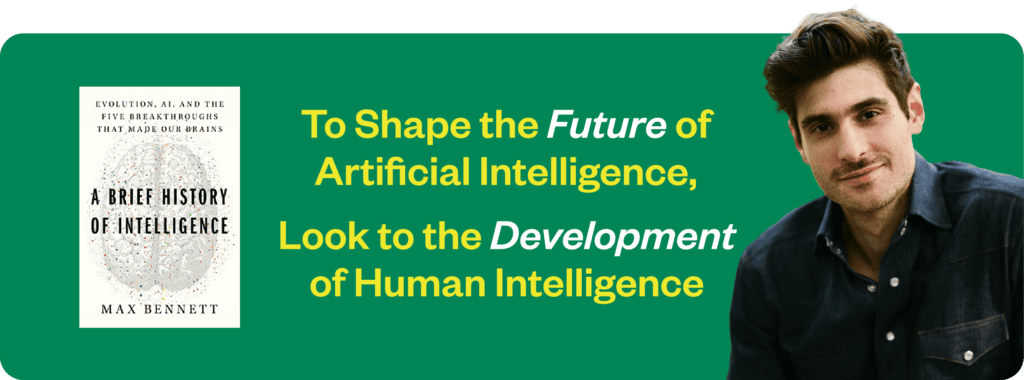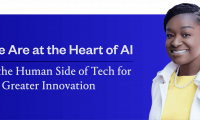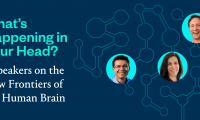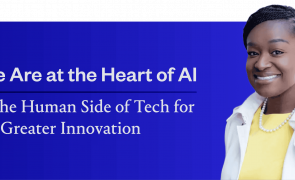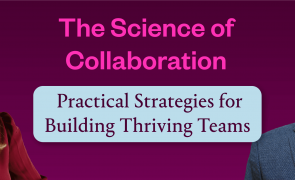“If you are interested in understanding brains or in building human-like general AI, you should read this book.”Dileep George (Google Deepmind)
Lavin’s newest speaker equips us to not only understand but shape the future of AI by exploring the five breakthroughs that made the human brain what it is.
Max is the author of the widely acclaimed book A Brief History of Intelligence: a paradigm shift in how we understand neuroscience and Artificial Intelligence, hailed by the world’s top voices in AI and psychology. Grit pioneer Angela Duckworth says that it’s “a truly novel, beautifully crafted thesis on what intelligence is,” while bestselling author Brian Christian (Algorithms to Live By) calls it “absolutely riveting.”
In smart yet accessible talks, Max takes audiences through the five breakthroughs that made our brains: from the development of language (which AI is just now mastering) to the creation of an internal model of the world (which AI doesn’t have yet).
Drawing on his experience founding one of the first AI unicorns and developing AI technology of his own, he offers a forward-looking and practical framework for understanding our future with this technology. For example, he explains why the fourth breakthrough, which allows us to understand what’s going on in other people’s minds, remains out of reach for AI—and why human empathy and connection will be invaluable as we implement AI in our schools and companies.
“In a world that is increasingly filled with artificial intelligences that we offload decisions upon, it is becoming ever more important for us to understand the subtle ways in which AI systems differ from our own brains,” Max tells Lavin.
